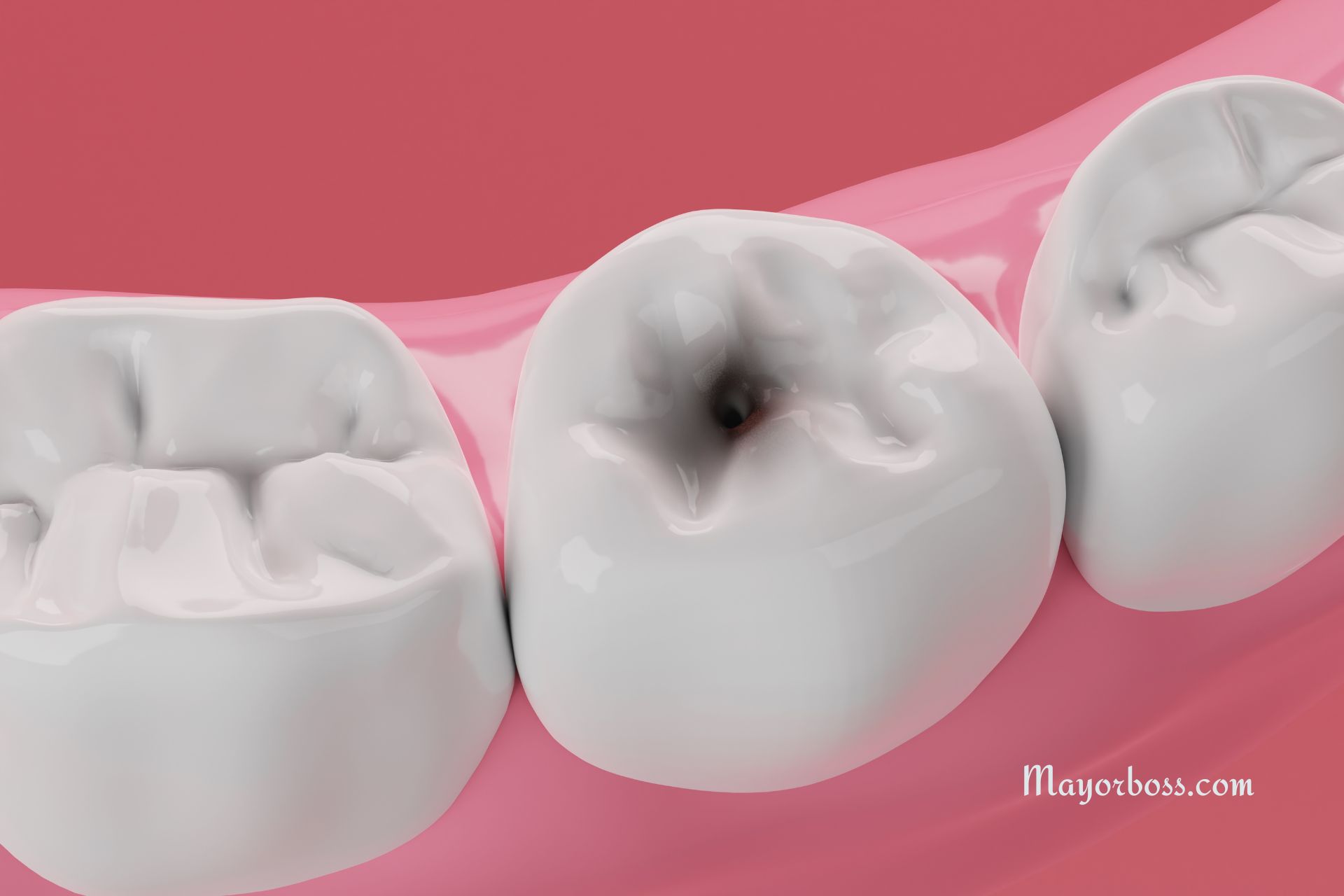6 Signs Your Body Is Lacking Calcium
Calcium is more than just an important mineral for strong bones. It plays a critical role in muscle function, nerve signaling, and even heart health. But what happens when you’re not getting enough of it? You might be surprised to learn that your body has ways of letting you know when it’s lacking this essential nutrient. Here are six signs you should never ignore.

You’re Experiencing Muscle Cramps and Spasms Regularly
Muscle cramps and spasms aren’t just uncomfortable—they could be your body’s way of waving a red flag. When calcium levels are low, your muscles may contract involuntarily, leading to painful cramps and spasms, especially in the legs and feet. These symptoms often strike at night, disturbing your sleep and leaving you groggy the next day.
According to medical experts, calcium is necessary for muscle contraction and relaxation. When there’s not enough calcium in your bloodstream, your muscles can’t function properly, thus leading to these unpleasant sensations. Consequently, if you’re waking up with cramps more often than not, it might be time to reassess your calcium intake.
You’ve Noticed Increased Fatigue and Sleep Issues
Feeling tired all the time, no matter how much sleep you get? Calcium deficiency could be the culprit. Calcium doesn’t just strengthen your bones; it also plays a vital role in the release of hormones that help regulate your sleep-wake cycle. When you’re low on calcium, you might struggle to fall asleep or stay asleep, which leaves you feeling exhausted during the day.
But even more concerning, long-term calcium deficiency can lead to chronic fatigue syndrome, where tiredness becomes a constant battle. Some researchers suggest that without adequate calcium, your body may have trouble maintaining the necessary energy levels to function optimally. If you’re constantly dragging, it’s worth considering whether a lack of calcium might be behind your tiredness.
Your Nails Are Brittle and Break Easily
If your nails are brittle, weak, or tend to break easily, you might be lacking calcium. Calcium is a building block for strong nails, so when there’s not enough of it, your nails may become thin and fragile. And it’s not just your nails that suffer—your hair and skin can also lose their luster when calcium levels drop.
Some experts believe that brittle nails are an early warning sign that your body needs more calcium. Since your nails grow slowly, they can reflect the state of your nutritional health over the past few months. Consequently, if you’ve noticed changes in your nails, it might be a good idea to increase your calcium intake and see if things improve.
You’re Experiencing Frequent Bone Fractures
This one might seem obvious, but it’s too important to overlook. Bones are a reservoir for calcium, and when your body is running low on this mineral, it starts to pull calcium from your bones to maintain critical functions elsewhere. This can weaken your bones over time, making them more prone to fractures and breaks.
If you’ve experienced a bone fracture recently, especially from a minor fall or injury, doctors say it could be a sign that your bones are losing density. This condition, known as osteoporosis, is often linked to long-term calcium deficiency. It’s crucial to get enough calcium in your diet to keep your bones strong and reduce the risk of fractures.
Your Teeth Are Suffering From More Cavities and Decay
Just like your bones, your teeth rely on calcium to stay strong and healthy. When your body is short on calcium, it can lead to an increased risk of cavities, tooth decay, and even tooth loss. Calcium helps to remineralize your teeth and protect the enamel, so a lack of this mineral can leave your teeth vulnerable to damage.
If you’ve been noticing more cavities despite good oral hygiene, it might be worth looking at your calcium intake. Some dental experts note that ensuring you have enough calcium in your diet can help maintain the strength of your teeth and prevent future dental problems.
You’re Feeling Numbness and Tingling in Your Extremities
Ever feel a strange tingling or numbness in your fingers or toes? This could be another sign that your calcium levels are low. Calcium is essential for proper nerve function, and a deficiency can lead to neurological symptoms like numbness, tingling, or a pins-and-needles sensation in your hands and feet.
These symptoms are your nerves’ way of telling you that something isn’t right. According to medical experts, if you experience these sensations frequently, you should consider getting your calcium levels checked. In some cases, severe calcium deficiency can lead to more serious neurological issues. Hence, it’s important to address these symptoms early on.
How to Boost Your Calcium Levels
If any of these signs resonate with you, it might be time to increase your calcium intake. Dairy products like milk, cheese, and yogurt are excellent sources of calcium, but if you’re lactose intolerant or vegan, there are plenty of other options. Leafy greens like kale and spinach, fortified plant-based milk, and calcium supplements can help ensure you’re getting enough of this essential nutrient.
Doctors also recommend pairing calcium with vitamin D, which helps your body absorb calcium more effectively. Spending some time in the sun, eating fatty fish like salmon, and taking a vitamin D supplement are good ways to boost your levels.
When to See a Doctor
If you’re experiencing any of these symptoms, it’s important to talk with your doctor. They can perform a blood test to check your calcium levels and recommend the best course of action. In some cases, calcium supplements might be necessary, especially if you have an underlying condition that affects calcium absorption.






